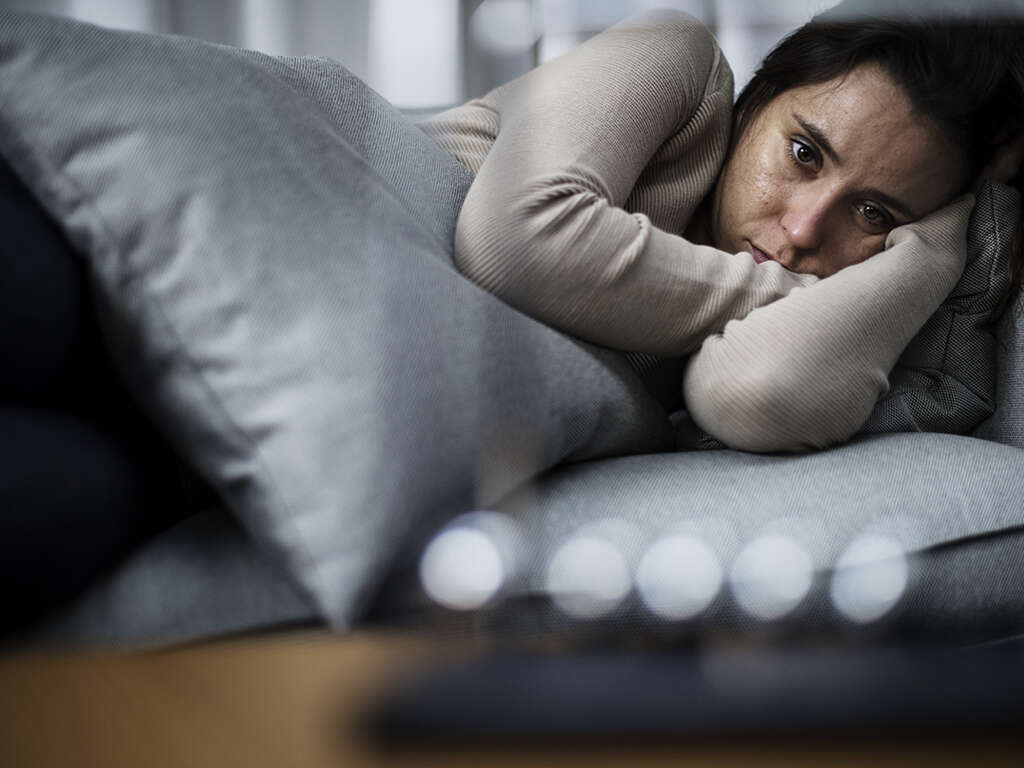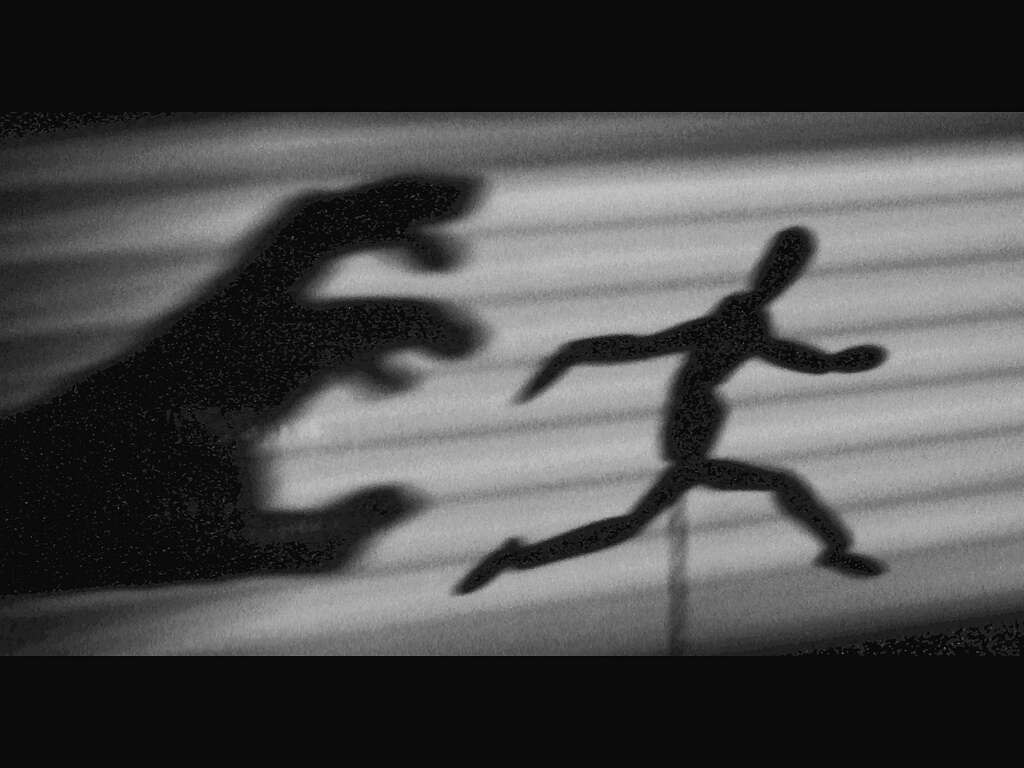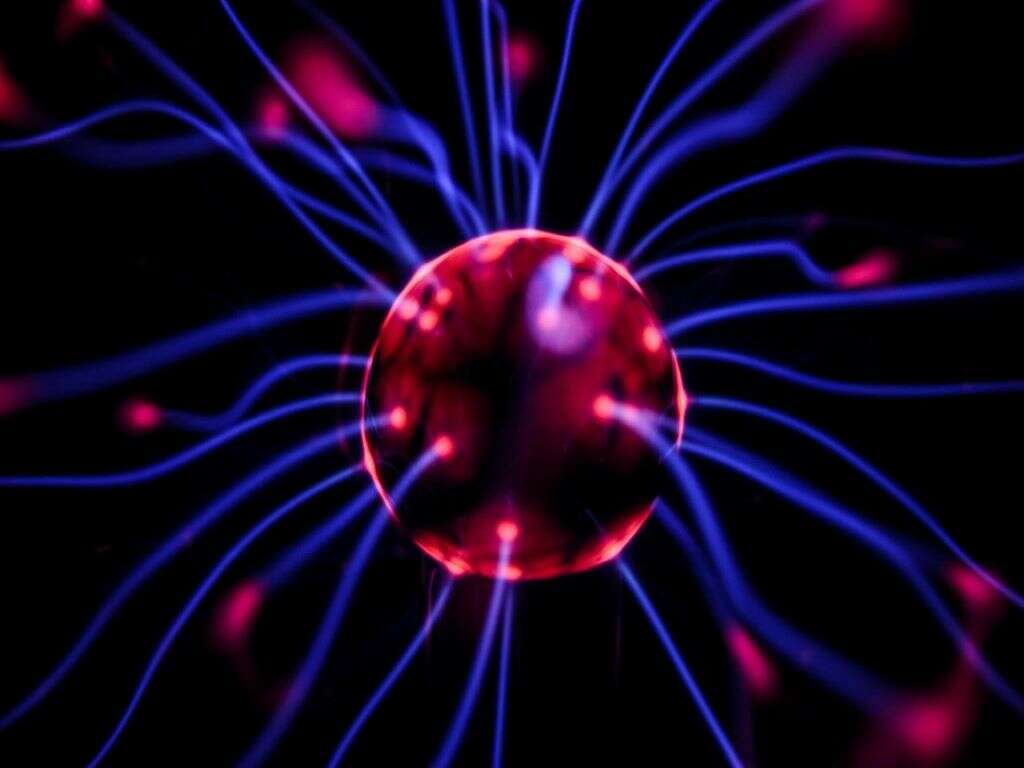What Is Panic Disorder?
Your face is flushed and your heart is pounding. You have a sudden impending feeling that the world around you is unsafe, despite the fact that nothing is happening. You may be having a panic attack — which is your body’s response to sudden fear, terror, or encountering the trigger for a phobia like heights, driving, or public speaking.
Sometimes panic attacks have no apparent cause. Panic disorder can be a crippling mental health condition, and for those who suffer from these recurrent attacks, the fear, though it can come on at random, is very real.

1. What Are the Symptoms of Panic Disorder?
Panic disorder involves recurrent panic attacks, which are more than simple nervousness that everyone faces from time to time. If you’ve never had one before, you likely can’t fathom the intensity of panic disorder patients’ anxiety. If you have, you understand that when you have a panic attack, it can hit you out of nowhere. You may suffer normal symptoms of anxiety such as face flushing, a rapid heartbeat, and trembling during a milder attack — or you may nearly pass out, vomit, and become suddenly afraid that death is imminent.
Because symptoms of anxiety and panic attacks can resemble those of other conditions like asthma, heart attacks, and stomach viruses, it’s best to get the opinion of a reliable doctor, psychologist, or psychiatrist rather than diagnosing yourself with the disorder.

2. Are There Different Types of Panic Disorder?
Panic disorder is a singular disorder in the sense that there are usually not different types of panic attacks, though patients’ triggers, causes, and timing of the attacks vary. However, there are several disorders, such as PTSD, that can include panic attacks as part of the diagnosis.
Other types of anxiety that are similar to panic disorder are generalized anxiety disorder, obsessive-compulsive disorder, and social anxiety disorder. While these patients often have panic attacks, they may not qualify for a true PD diagnosis due to the infrequent pattern of their attacks.

3. How Is Someone Diagnosed With Panic Disorder?
Your doctor may first suggest a physical exam to rule out medical disorders like hyperthyroidism, which can cause severe anxiety and panic attacks, and low blood pressure, which can cause a feeling of dizziness that may feel similar to a panic attack.
After ruling out physical causes of your panic attacks, your doctor will probably refer you to a psychologist or psychiatrist. This professional can evaluate you for anxiety disorders, including panic disorder. If he or she feels that PD is the correct diagnosis, he or she may suggest medication and therapy, depending on the severity of your condition.

4. What Are the Treatments for Panic Disorder?
It may surprise you to know that panic disorder can be treated without medication. Many individuals with PD swear by cognitive-behavioral therapy, yoga, meditation, or a combination of holistic therapies to improve their condition and maintain mental wellbeing.
Others opt for a mixed approach and incorporate pharmaceutical medication such as selective serotonin reuptake inhibitors like sertraline or paroxetine into their daily routine. These medications help to lower your level of anxiety over time. Benzodiazepines can be used to short-circuit a panic attack once it has begun.

5. How Can Therapy Help With Panic Disorder?
Cognitive-behavioral therapy can help patients with PD to identify patterns in their thinking that may lead to the development of a panic attack. If your panic attacks are triggered by a phobia, like driving on the freeway, exposure therapy may also be considered if the therapist thinks it can be performed safely.
Even if you do not know the cause of your panic attacks, there is still help available! For patients who cannot find a trigger for their panic attacks, therapy may consist of building coping mechanisms like visualization and journaling that can help you to stay grounded.

6. Are There Natural Remedies for Panic Disorder?
Natural and home remedies abound on the internet, but these may not be regulated, tested, or even safe. Supplements to calm down your nervous system can include vitamins D, B, magnesium, valerian root, and high-quality fish oil.
If you have PD, it’s always smart advice to avoid caffeine, practice good sleep hygiene, get regular exercise, and eat healthfully. If you find a supplement or vitamin that helps you on top of living a healthy life, that’s great!

7. Can People Recover From Panic Disorder?
It’s definitely possible to recover from panic disorder. Once you understand the disorder and your triggers, and you develop a comprehensive plan of care with your doctor or psychiatrist, you will be well on your way to being able to manage random panic attacks.
While you may always struggle with controlling your anxiety to some degree, remember that thousands of people have been diagnosed with PD and have learned how to cope with the condition. It’s also possible to have PD for a short period of time, like after the death of a loved one or during a stressful transition.

8. Does Panic Disorder Run in Families?
Psychiatric conditions like anxiety, depression, bipolar disorder, and panic disorder as well can have a genetic component. If you have been diagnosed with one of these disorders, you have a much higher chance of having a relative with a similar condition.
You don’t need to have a family history to be diagnosed with PD, though. In addition, like many psychiatric conditions, PD can affect anyone at any life stage.

9. Who Gets Panic Disorder?
PD often develops in the late teens or early adolescent years. If you have an anxiety disorder, it’s common to have a dual diagnosis of depression. Anxiety and depression are frequently referred to as “cousin” diagnoses.
People who have a diagnosis of autism spectrum disorder, those who struggle with alcoholism and addiction, and those who have obsessive-compulsive disorder have a higher rate of developing panic attacks and subsequent PD. Those who tend to ruminate, obsess, and fret about having another panic attack are also more likely to go on to develop the disorder of having repeated panic attacks.

10. How Can I Help a Loved One With Panic Disorder?
It’s important not to diagnose your loved ones with PD by yourself: You should urge the individual to see a qualified medical professional. At times, a physical condition can be misdiagnosed as a panic attack, leading to wasted appointments and unnecessary medications.
Your loved ones will benefit from you being a supportive friend or spouse, reminding them of doctor’s appointments, and providing moral support through their attacks. Sometimes, the best thing you can do for someone who is having a panic attack is to sit with them and remind them that it will soon pass.











